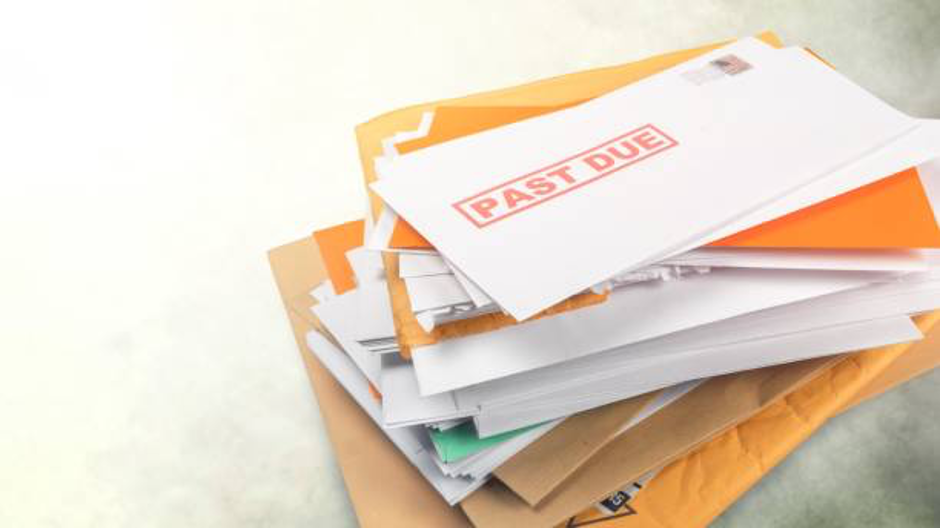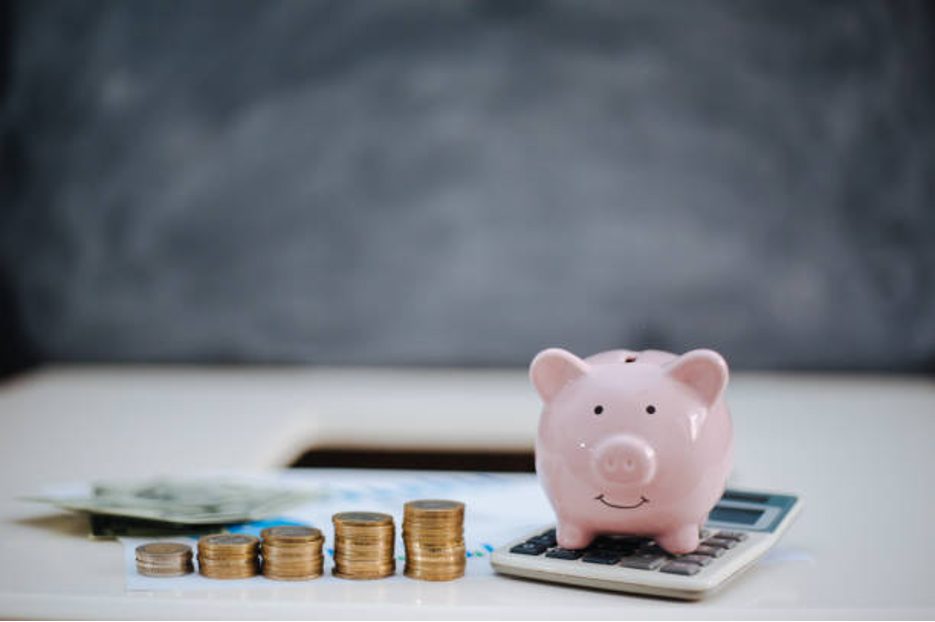If you are expecting a visit from a debt collector, then you’ll no doubt be wondering what your next steps should be. To find out more, read on…
If you are struggling with debt, your creditors will likely use a number of different methods to make sure you pay your bills. One such method could be to send a debt collector to visit you in person.
The prospect of receiving a visit from a debt collector is understandably daunting. After all, it may evoke thoughts of worst-case scenarios, where your possessions are taken away from you without your permission.
A debt collector’s job is to recover debts and assets, but they do not have special legal powers to do so. That being said, if you are in debt, it’s best to make appropriate arrangements with them before further action is taken. To learn more about what will happen when you’re visited by a debt collector and what you should do, keep reading…
Why Might You Receive a Visit from a Debt Collector?
If you are in debt, your creditor will employ a number of different tactics to make sure that you repay what you owe. This will most likely start with formal letters or phone calls but, if these are ignored or there is no sign that the debts are being repaid, they may decide to send a debt collector to your home.
Debt collectors may directly work for your creditor or they may work for a third-party debt collection agency. It’s important to note that debt collectors are separate from bailiffs, who work for the court and have the power to repossess your home or belongings.
What Will a Debt Collector Do?
A debt collector’s job will be to visit you in person so that they can discuss your debt and make payment arrangements to ensure that it’s paid off. They can also arrange for the debt to be paid directly to them.
The majority of debt collectors are members of trade bodies such as the Credit Services Association, which means they are held to certain standards. This means, whether they are working for the creditor or an agency, they do not have any special legal powers to claim the debt.
So, they cannot force their way into your home to claim any of your possessions. They also won’t be able to visit you at work, cause any sort of disturbance, or speak to neighbours about your debt.
While debt collectors cannot pursue your debt beyond verbal and written requests, they will be able to take legal action against you if you aren’t seen to be making an effort to repay it. This could involve applying for a County Court Judgement (CCJ).
Failure to pay a CCJ could then lead to bailiff action – something that you should always look to avoid at every opportunity.
What Should You Do When a Debt Collector Visits Your Home?
If a debt collector visits you at your home, don’t panic! Here’s a quick list of tips to keep in mind.
1. Check for Identification
Before you speak to someone who claims to be a debt collector, you’re within your rights to ask to see some identification. All debt collectors should carry some form of ID with them and, if they cannot provide any, you would be well advised not to disclose any sort of sensitive information.
Make sure to also make a note of the debt collector’s name so you can refer back to it in the future. What’s more, if you do make payments on the doorstep, request a receipt for proof of payment.
2. Be as Forthcoming and Cooperative as Possible
If you’re speaking to a debt collector, it’s best to act as cooperatively as possible to ensure that you can come to a positive resolution. Listen to what their suggestions are and see if you can come to a compromise that suits both of you.
Even if you don’t make immediate payments, if you’re seen to be making considered and genuine efforts to repay the debt, it’s much less likely that the debt collector is going to pursue legal action.
3. Don’t Feel Pressured
That being said, you should never feel as though you’re being pressured into doing anything that you don’t feel comfortable with.
You aren’t obliged to deal with a debt collector in person and, if you feel more comfortable doing so, you can speak to them over the phone or in writing.
What Happens Next?
Once you have been visited by a debt collector, you may be wondering what happens next. Well, as you might expect, this will depend on your individual circumstances, level of debt that is owed and the actions you take during the initial visit.
In some rare cases, you may have the means to pay off your debt in full to the debt collector. Of course, this will mean that you won’t need to have any further correspondence with them.
More realistically, you will be able to work with the debt collector to arrange a future payment schedule. If this payment schedule is honoured, then there will be no need for them to visit you again, or even apply for a CCJ.
Are You Worried About Facing a Visit from a Debt Collector?
Facing a visit from a debt collector might seem like a daunting prospect, but you need to remember that, with some thoughtful cooperation, there’s no need for the situation to escalate. Remember, you are not obliged to take any immediate action if you think you are being forced into making payments against your will.
Have you had any dealings with debt collectors in the past? Or are you facing a visit from one? If you’ve got any further pieces of advice that you think people should be aware of, then feel free to leave a comment below.





 Bitcoin
Bitcoin  Ethereum
Ethereum  Tether
Tether  XRP
XRP  Solana
Solana  USDC
USDC  TRON
TRON  Cardano
Cardano  Lido Staked Ether
Lido Staked Ether  Avalanche
Avalanche  Toncoin
Toncoin